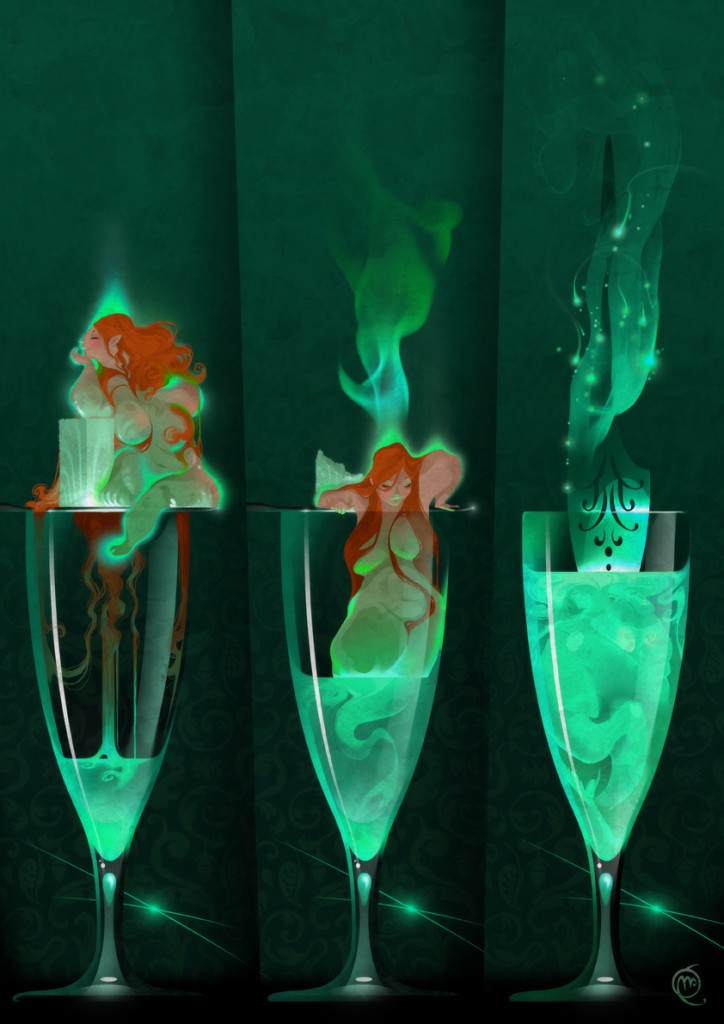A short story where a tangible difference between right and wrong leaves a lasting impact…

by: James C. Gordon
I grew up on a residential street in El Cerrito, California, one block long and surrounded by other residential streets. I was pint-sized, the youngest of four children, withdrawn, easy to miss. My world was small.
Three blocks away was San Pablo Avenue, the main drag through the city, with a mosaic of small businesses that seemed to stretch north and south with no beginning or ending. But our primary shopping mecca was the El Cerrito Plaza. Built in 1958, the Plaza was an open-air mall featuring a cluster of stores grouped around Capwell’s Department Store, a large rectangular block three stories high. Shopping was never recreational for my mother so before the start of each school year she took all us kids to the Plaza to purchase essentials.
I will never forget the annual trip when I was seven.
Children’s clothes were on the second floor. My brother and I were each fitted for one pair of blue jeans with room to grow, one shirt with buttons, and a pair of black Converse high-tops one-half size larger than the pairs we had on. Next, my mother led my sisters to the girls’ department where they perused tops, pants, sweaters, and shoes. My brother went to the book section to read Isaac Asimov novels.
I wandered in the other direction to the toy department. In those days, children browsed on their own without attracting attention or causing concern.
The aisles had shelves extending up higher than I could reach, and lower bins overflowed with colorful enticements. I avoided the girls’ toys and lost myself among the colorful boxes and plastic bags of soldiers and airplanes and ships. There were sturdy metal trucks emblazoned with the name Tonka, boxes of Legos, and junior size sports equipment.
I knew that five pennies made a nickel and four quarters made a dollar and I understood that any purchase had to be made thoughtfully. In my family you’d get what you needed but not everything you wanted. Luxuries were gifts received for birthdays and Christmas. I internalized the reality that we couldn’t afford everything by feeling that I shouldn’t have anything. It was a feeling I didn’t outgrow until long after I started paying my own rent.
A wire basket attached to a pillar held a collection of small cars. They were two inches long and made of molded rubber in a rainbow of colors. I perused the inventory and created a parking lot in my open hand with cars wedged from fingertip to wrist. I imagined seeing them alongside the ships, planes, and soldiers on my toy shelves.
I weeded out the red, green, and yellow cars and returned them to the basket and kept the blue car. It looked like a neat toy to have. The price tag on the basket said ten cents. Without thinking I garaged the car in my pocket. A minute later my sister collected me and we went home.
Somehow during my short life my parents had impressed upon me that you don’t take things that were not yours. Gifts I received were mine. But I had taken the little car. It wasn’t mine and I was tormented by my crime.
I snuck into my room and removed the car from my pocket. I sat on the floor and examined the toy. There wasn’t much to see. It was made of rubber molded with no moving parts. I hid the car on my bottom shelf that was home to broken toys or others which had lost their attraction. The pang of guilt was unrelenting.
I resolved to return the toy. After lunch I pocketed the car again and started walking in the direction of the Plaza. In adult terms the distance was two miles, a ten-minute suburban drive. For a boy of seven on foot it was a trek of monumental proportions, a solo journey to Oz without the guidance of yellow bricks. Streets and buildings that I had seen from a moving car took on new significance at ground level. Windows, doors, and signs watched me, challenged me, accused me.
I turned corners and found myself on San Pablo Avenue. It was busy and scary. The sights and sounds were daunting and intimidating, two words I had yet to learn. I realized the journey was beyond my ability to complete.
Eight blocks from home I stopped at a busy intersection. I felt the world watching. I paused, fretted, and threw the toy car into a patch of tall weeds at the corner of a parking lot.
I returned home unscathed. No one knew I had been gone.
F or months I agonized over the fate of that toy car. I considered retrieving it and attempting to complete my self-assigned mission. I assumed the wire bin would always be present and contain the same toy cars. The realities of retail merchandising meant nothing to me.
I thought about my crime and my failed attempt to return the car whenever we drove past that corner. I would glance at the clump of weeds where the car was surely still hiding.
Months later we drove past the infamous intersection and the weeds were gone. The corner had been covered by a cement platform holding up a signpost.
The little car was gone and I had never even played with it. My penance emerged in knowing that the misdeed could never be undone, the guilt never expunged.
James C. Gordon grew up and still resides in California. He views the world as raw material for fiction and believes the human experience is a never ending story worth telling.





